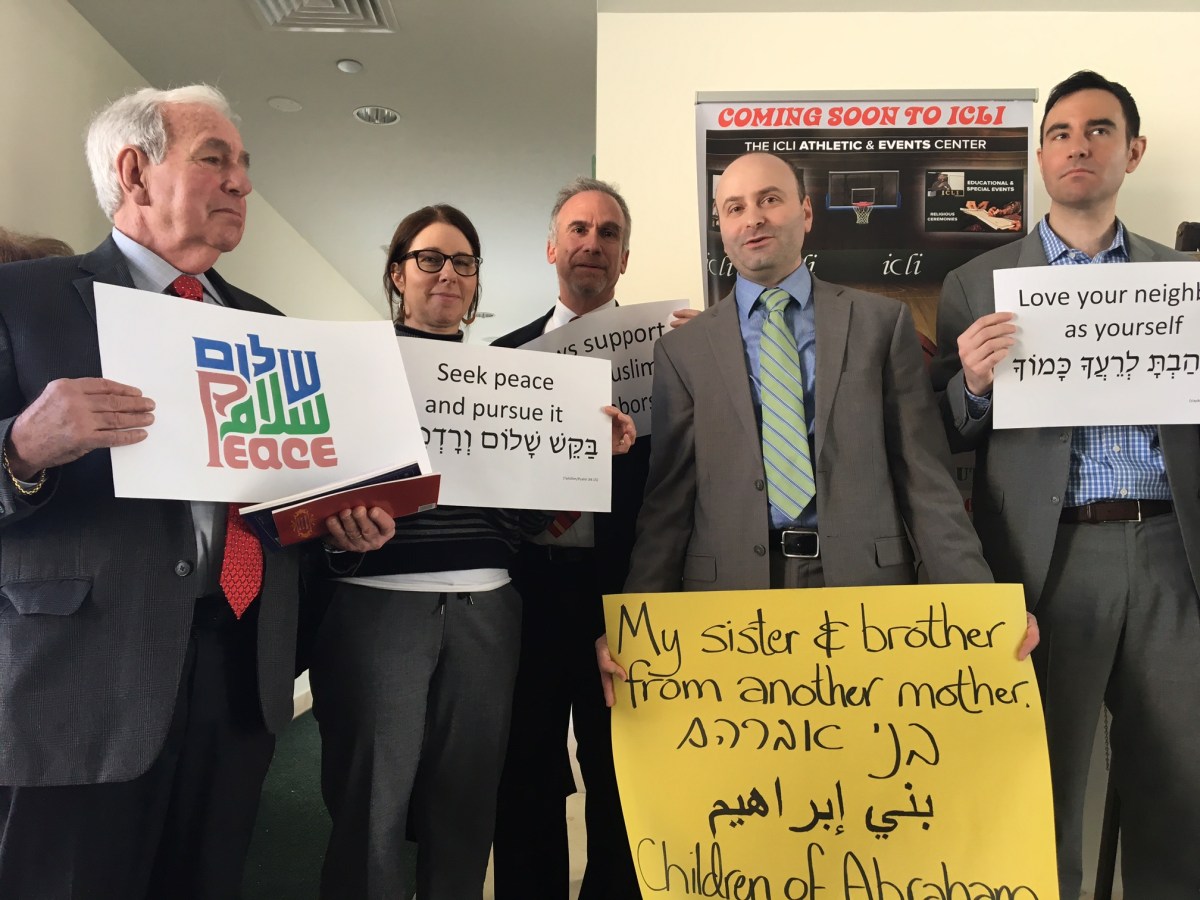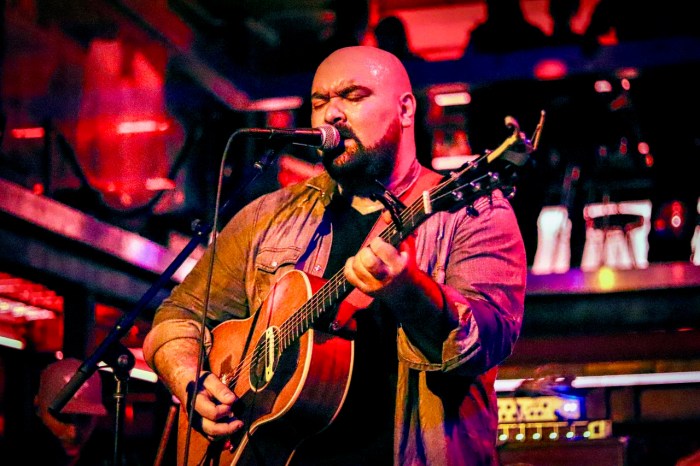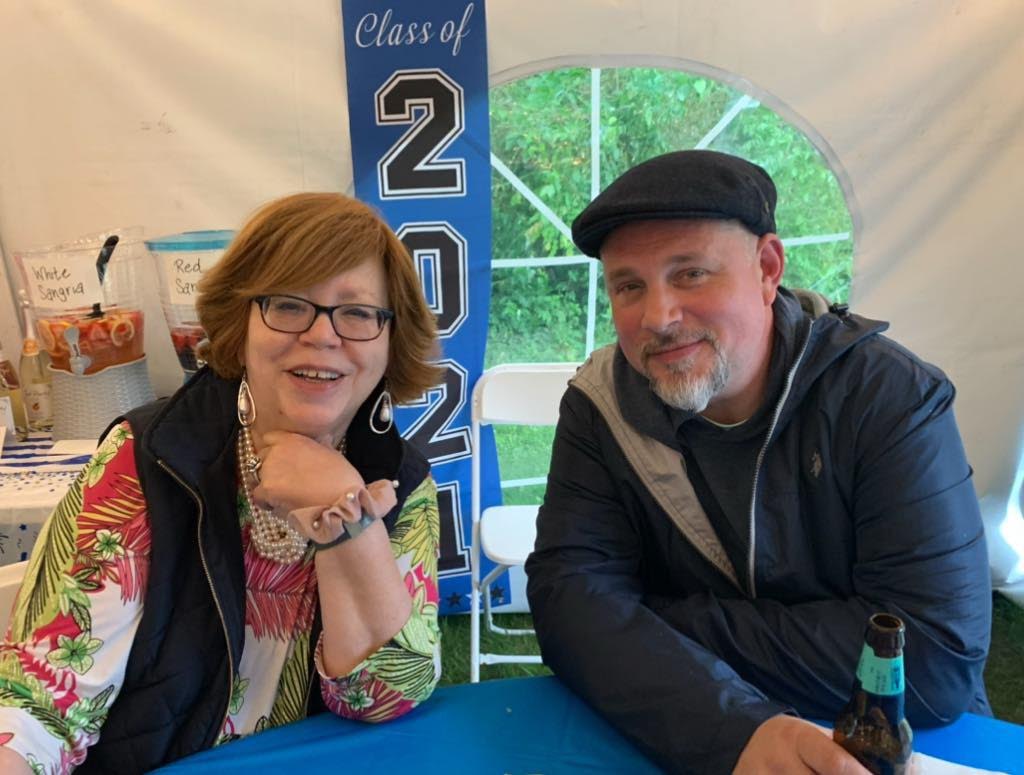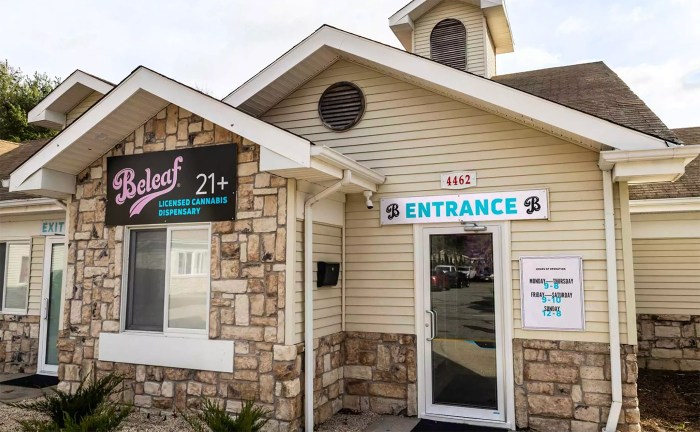As she meticulously outlined the tenets of Islam to a small contingent of congregants from a nearby synagogue, Dr. Isma Chaudhry recalled how it was not too long ago that her own son objected to studying his parent’s religion, saying: “I don’t want to be Muslim.”
“Well, what do you want to be?” Chaudhry asked.
“Jewish,” her young son replied.
“We have one book, and they have six,” she reminded her son. He quickly changed his tone.
Chaudhry, president of the Islamic Center of Long Island in Westbury, was serving a similar role on Friday: as an educator. Yet instead of her son, her students were a dozen or so members of The Community Synagogue in Port Washington, laughing as Chaudhry recalled her son’s brief misgivings.
The event, held an hour before the first of two well-attended Friday prayers, provided the synagogue’s congregation the opportunity to ask questions they’ve often pondered but never sought answers to about Islam. What became apparent early on, were the similarities the two religions share—commonalities often obscured by ancient struggles that are still ongoing.
“We want to be here to show our support and solidarity,” said Rabbi Danny Burkeman. He then presented Chaudhry and the mosque’s members a gift—a gesture Chaudhry felt especially grateful for. Burkeman added that it was important to stand “shoulder to shoulder” amid tumultuous times.
Burkeman did not elaborate, but it was clear to anyone what he meant. Muslim Americans have for years been battling stereotypes and contending with ever-growing Islamophobia. The recent travel ban on immigrants from seven Muslim-majority nations, one of three key points to President Donald Trump’s immigration executive order, has Muslims on edge.
On Thursday, a three-member panel of a federal appeals court in San Francisco unanimously objected to the government’s argument that a lower court’s freeze on the travel ban be reversed—a huge win for rights groups and a stunning loss for the young administration.
On Friday, however, there was no talk of bans or the nation’s security. What unfolded instead was a discussion about the pillars of Islam—fasting, donating and five daily prayers, for example—and the intersection of religion, politics, and current affairs in sermons.
“Anyone can come to a mosque, whether they’re a member or non-member,” Chaudhry said. “We cannot say ‘no’ to anyone coming in.”
She noted that prayers can run up to an hour, depending on the mosque. The content of the prayers may often include topical remarks, such as the weather or social strife. It’s a combination of “the religion, the social, the political aspects and putting it in a religious perspective,” she said.
“We talk too much as clergy,” Rabbi Burkeman joked.
Some members of the congregants were surprised to hear that upwards of 600 worshippers attend Friday prayers at ICLI.
“They cannot wiggle their way to stand next to their best friend,” Chaudhry said through a smile, noting that worshippers fill in the first opening they see.
Addressing suggestions from the outside that Muslim women are treated “badly” because they sit at the back of a mosque, Chaudhry said such a standard is about “honoring the modesty of women.”
“In a spiritual mode, you want your own space,” she added.
After explaining the similarities between Islam and Judaism—which share many of the same prophets—a member of the Port Washington synagogue characterized the struggles between the religions as a “tragic irony.”
The two religions are so “closely connected, but yet there’s so much conflict,” he lamented.
Afterward, those in attendance grabbed signs, one of which read “Jews support our Muslim neighbors,” and formed a circle around the entrance of the mosque, greeting worshippers as they entered.
Count Jeremiah Bosgang, 55, of Port Washington, was someone who walked away with a deeper understanding.
“It’s just really interesting, really fascinating to me because I’ve had very little exposure in my life to Islam or to Muslim culture,” he told the Press. “So to come to the mosque and to hear different people speak about the tradition and what it means to them—and hear, really, about all the similarities with my own Jewish tradition, it’s really amazing.”
Friday’s gathering was the second such meeting between Muslim and Jewish communities in as many weeks. Chaudhry said she expects to invite more people to the mosque.
Dr. Safdar Chadda, ICLI’s first president, said different faith groups should always welcome people with open arms.
“We are children of God and our commonality is the same traditions,” he said.
Told of statistics that show the vast majority of Americans don’t have a personal relationship with a Muslim—a religious bloc that accounts for less than 1 percent of the U.S. population—Chadda was not surprised.
“That’s why we’re telling everybody, ‘talk to your neighbors,’” he said. For instance, he added, a couple went door-to-door Thursday helping neighbors during the blizzard. “We are your Muslim neighbors,” they told people.
“Humanity is common,” Chadda said.




























